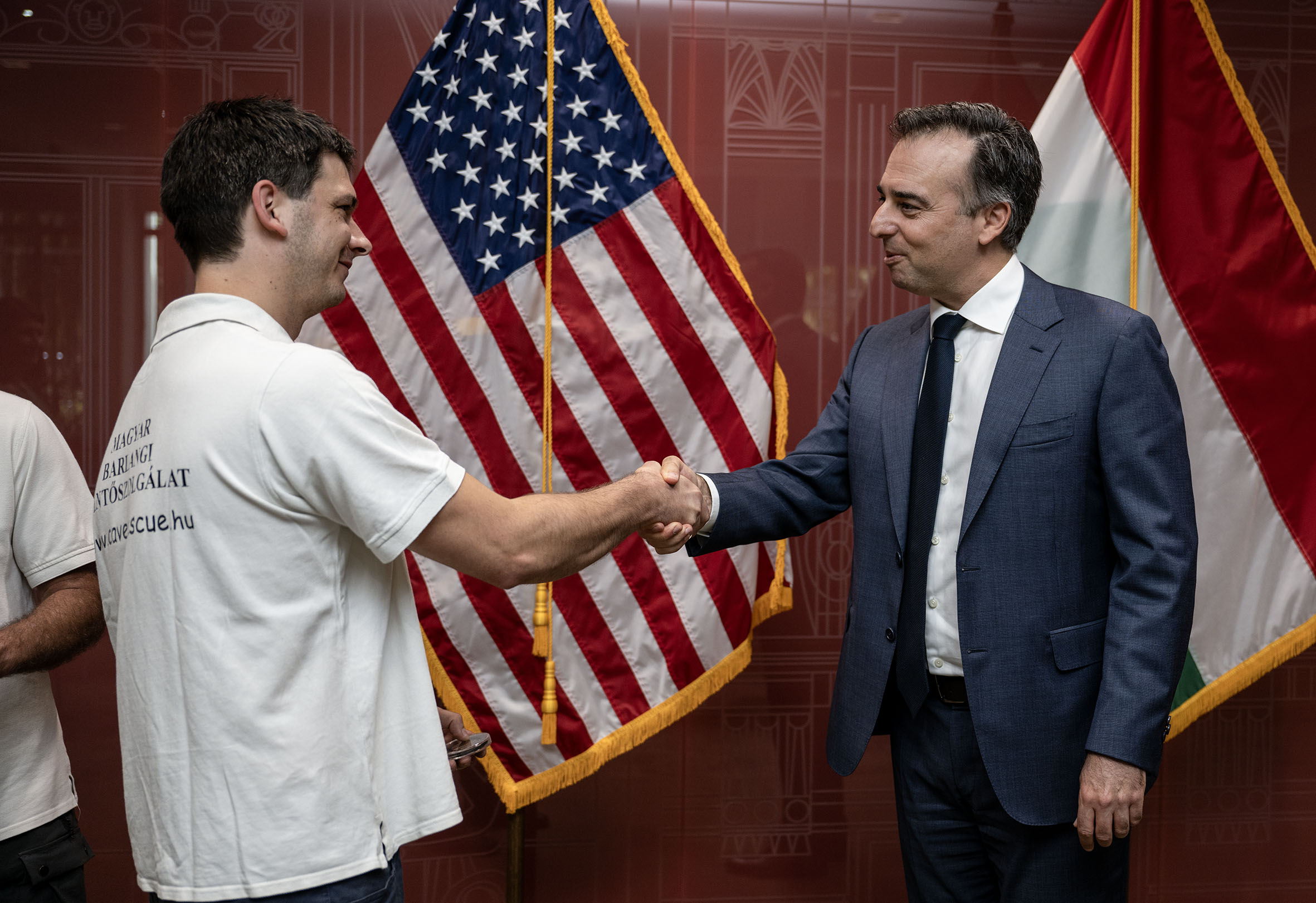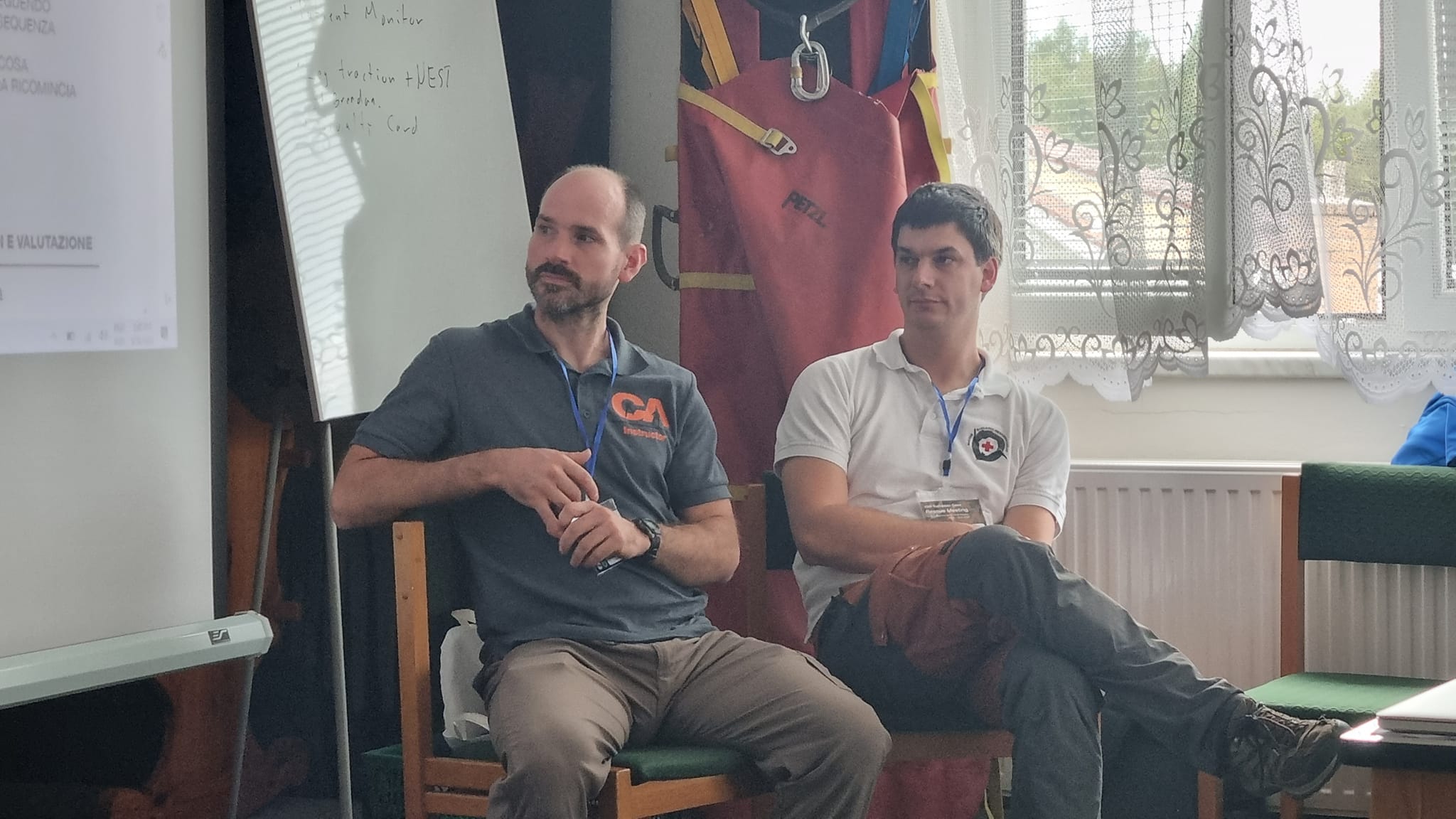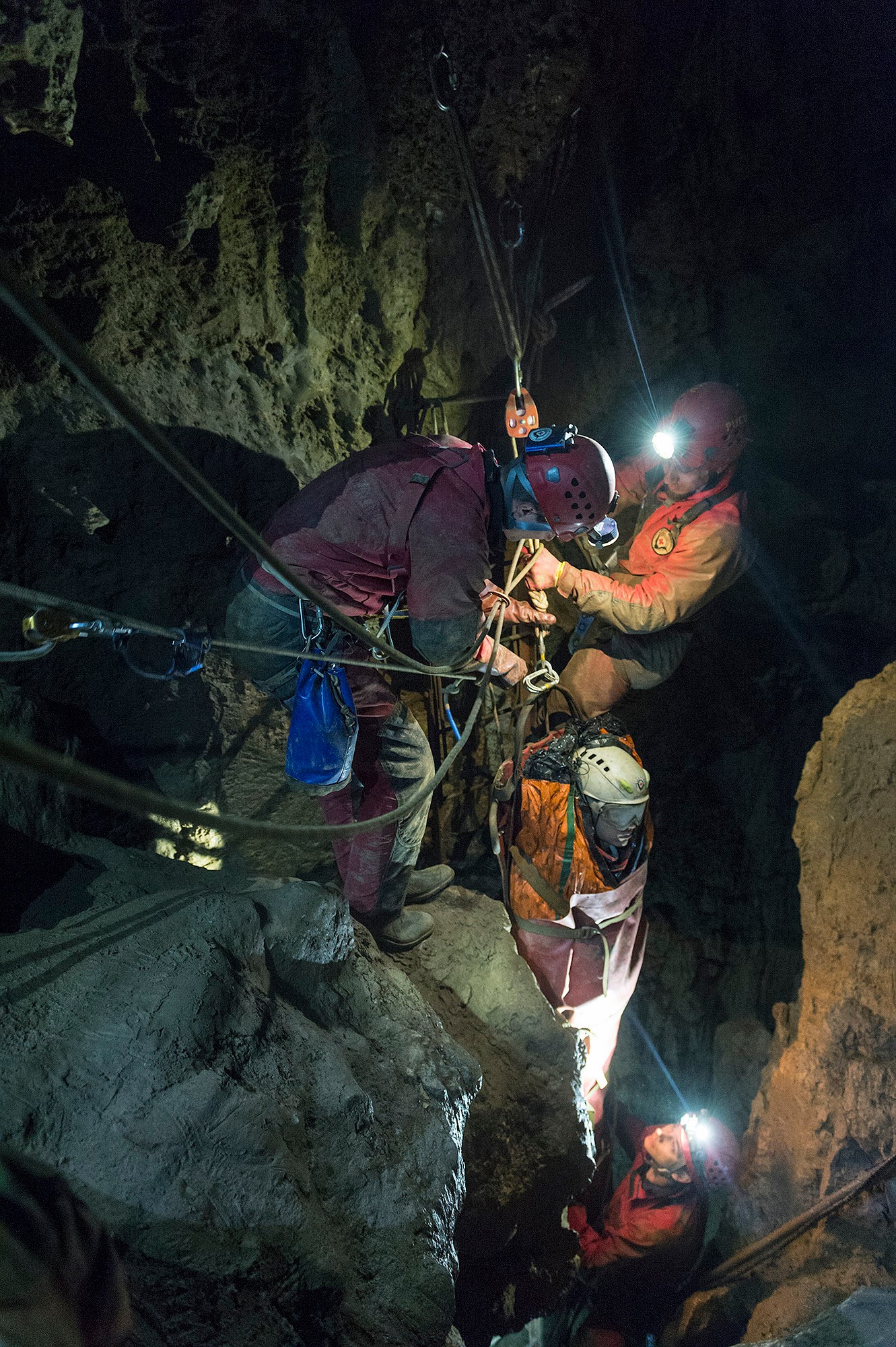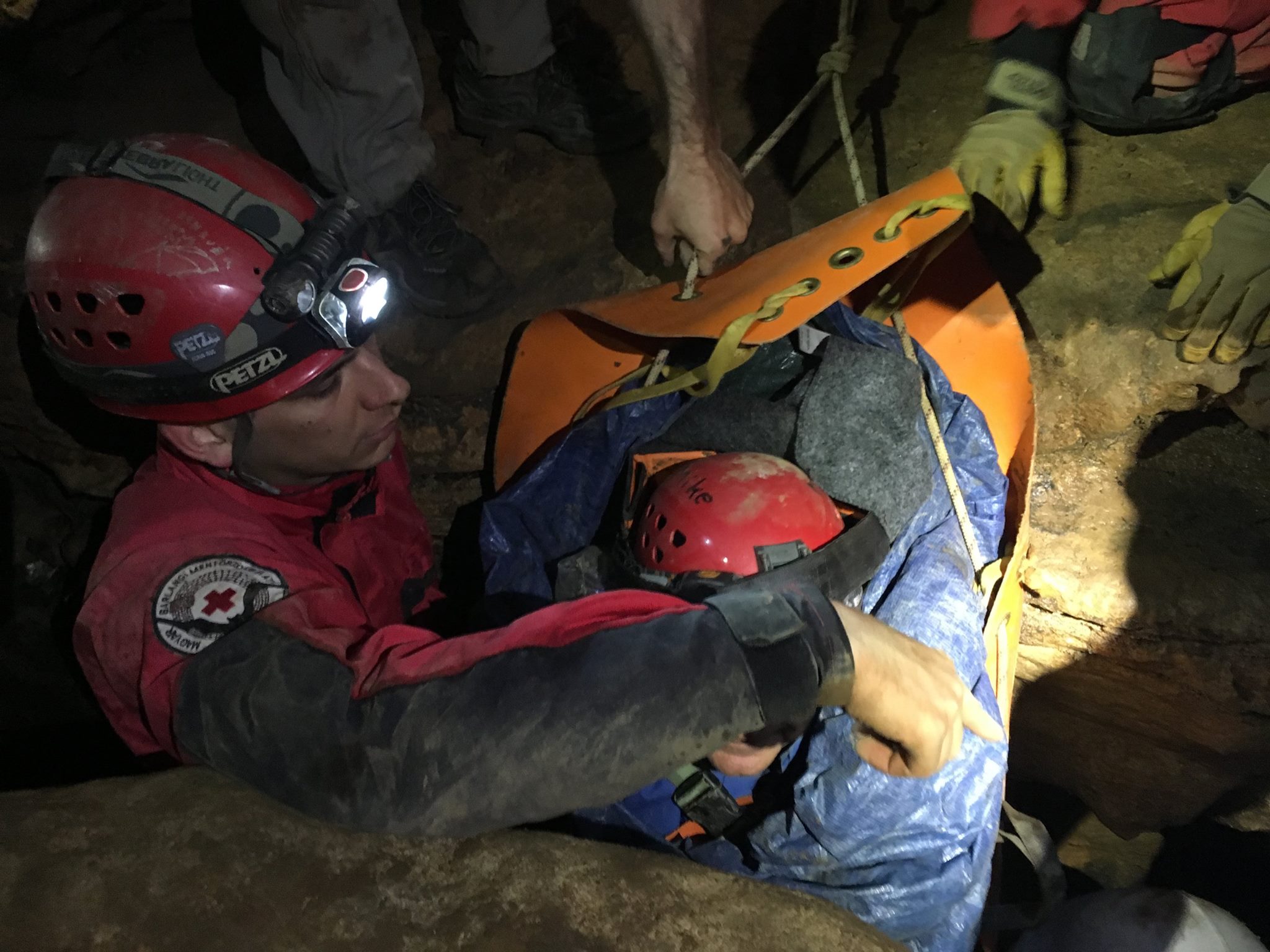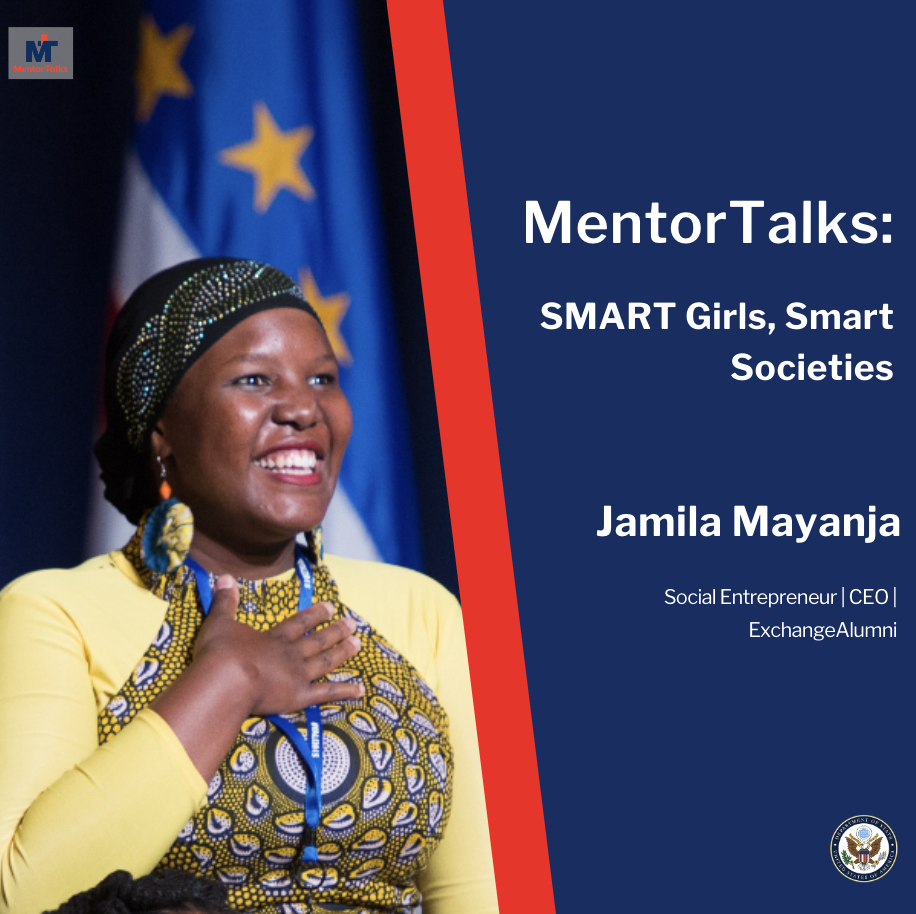Written by Office of Alumni Affairs Intern Mohammad Samhouri
image_1_header_and_for_carousel.jpg
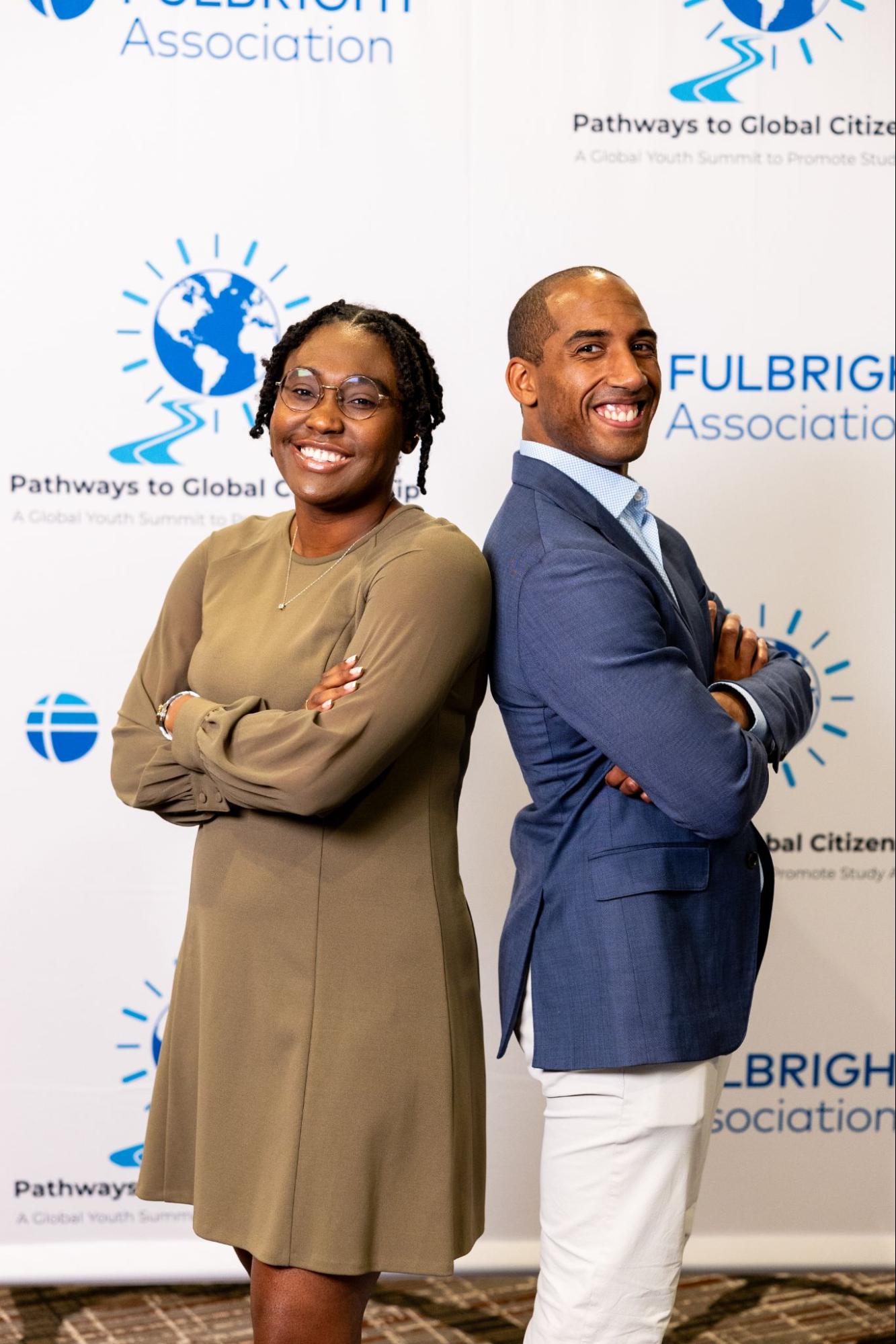 U.S. ExchangeAlumni & Fulbright Association Board of Directors Members Wen-kuni Céant (left) and Leland Lazarus (right) during the 2023 Pathways to Global Citizenship Youth Summit in Denver, Colorado.
Photo Credit,
Matt Silton / Torch Media
U.S. ExchangeAlumni & Fulbright Association Board of Directors Members Wen-kuni Céant (left) and Leland Lazarus (right) during the 2023 Pathways to Global Citizenship Youth Summit in Denver, Colorado.
Photo Credit,
Matt Silton / Torch Media
“Don’t be off-put by imposter syndrome,” Wen-kuni said. “I think a lot of young people, particularly students of color, suffer from imposter syndrome because they have not seen anyone in their communities that has done it before. That’s exactly what Leland and I were trying to remedy with the summit, as we wanted them to see that there are people who have, in fact, done it before.”
Now members of the Fulbright Association’s National Board of Directors, Wen-kuni and Leland became aware of the challenges that programs like Fulbright and federal agencies have in attracting young, minority talent. With the help of CDAF, a small-grant competition for U.S. government-sponsored exchange alumni to carry out policy-inspired service projects, Wen-kuni and Leland presented their solution: the Pathways to Global Citizenship Youth Summit.
Using their connections with the Fulbright Association and in the Denver, Colorado area, Leland and Wen-kuni organized the youth summit as a precursor to the Fulbright Association Annual Conference. Students from high schools in the Denver area attended the summit to learn about international exchange programs and what it means to study abroad. The sessions covered topics such as how to talk to your parents about studying abroad, learning a new language, embracing the local culture, and even facing potential discrimination.
image_2.jpg
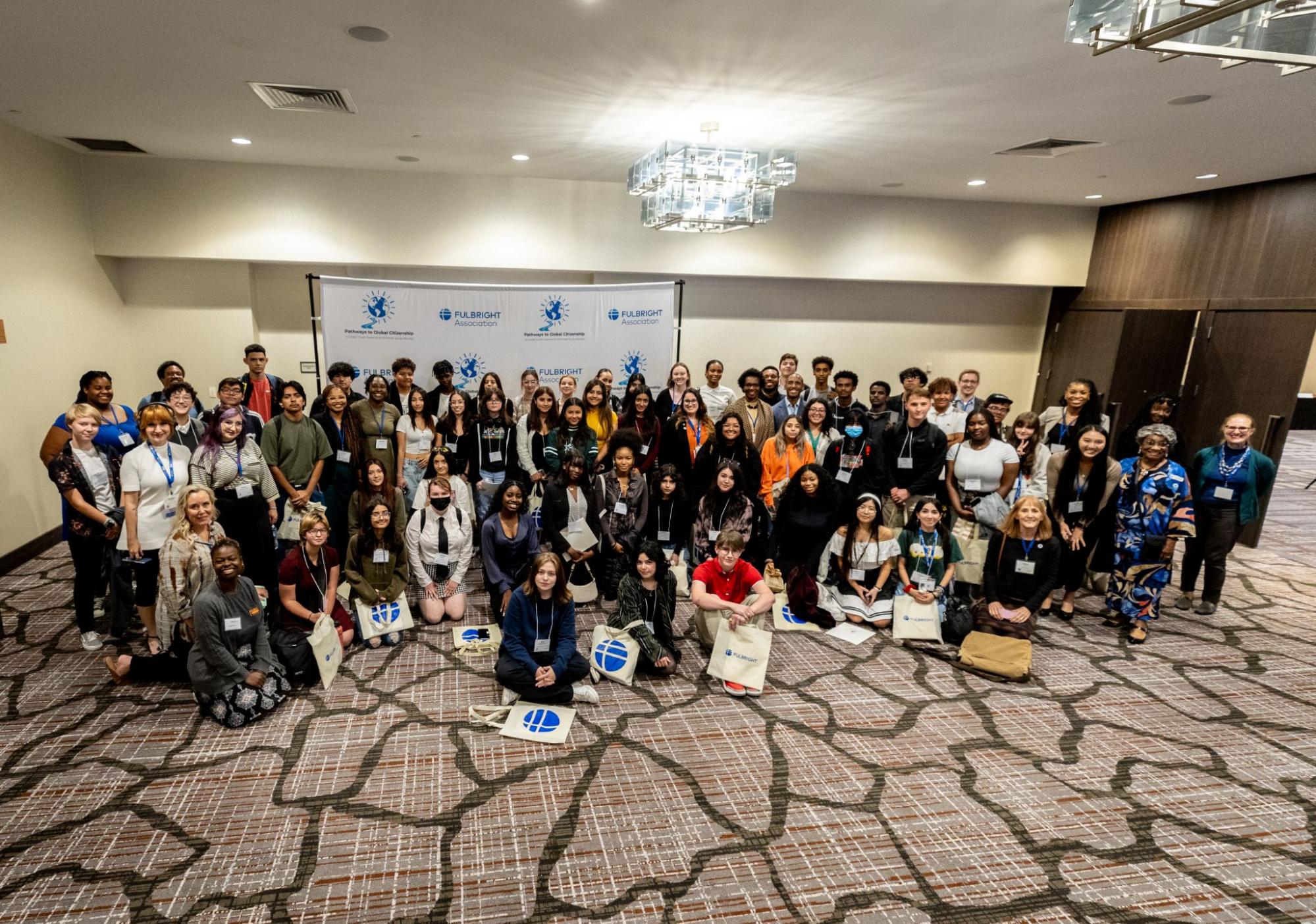 Students from the Denver, Colorado area attended the “Pathways to Global Citizenship Youth Summit” organized by Wen-kuni and Leland.
Photo Credit,
Matt Silton / Torch Media
Students from the Denver, Colorado area attended the “Pathways to Global Citizenship Youth Summit” organized by Wen-kuni and Leland.
Photo Credit,
Matt Silton / Torch Media
Local partners on the ground — like the local Denver Fulbright chapter — had a tremendously positive impact on the event. With their help, Leland and Wen-kuni were able to assemble representatives from other exchange programs and organizations, including the Boren Awards, the National Security Language Initiative for Youth (NSLI-Y), the United States Agency for International Development (USAID), Peace Corps, and more. The mission behind bringing these organizations together was to present the variety of doors open to young people to break out into the world. Speaking on the success of the Summit, Leland said, “We left the event absolutely inspired to the point where we want to have another youth summit again this year, and years to come.
Caption: Representatives from USAID, PeaceCorps, and numerous international exchange programs attended the Denver summit. (Photo credit: Matt Silton / Torch Media)
The Impact of International Exchange
Wen-kuni first learned about the Fulbright Program during her undergraduate studies at Howard University, a historically Black university (HBCU). Initially, Wen-Kuni didn’t plan to apply to Fulbright. Her perceived prestige of the program triggered a self-doubt that she didn’t get over until she finished her graduate degree at Drexel University. But she said the exchange, which enabled her to work on a health infrastructure project in Kaolack, Senegal, was life-changing, and sparked her current career.
Witnessing the brilliance of people in Senegal inspired Wen-kuni to push herself even further personally and professionally. Fulbright also exposed her to the real-world impacts of governmental actions: A U.S. government shutdown during her exchange meant Wen-kuni and other Fulbright scholars did not receive their stipends for the duration of the shutdown.
This experience became the impetus for Politicking, an organization focused on galvanizing historically under-represented communities through ballot education, of which Wen-kuni is CEO and co-founder. Through a mobile app, Politicking empowers people to vote by streamlining information about politics, including valid forms of voter identification and politicians’ stances on issues.
For Leland, a New York-born son of Panamanians, teaching English in Panama through the Fulbright English Teaching Assistant (ETA) program provided him the opportunity to live in the country of his heritage. During his time in Panama, he says his students imparted parts of their culture to him, and that he was able to learn more about the Foreign Service from U.S. diplomats, eventually leading to his career in international affairs.
“I can directly tie my professional trajectory back to my experience in Panama, which then led me to the foreign service: I served as a Foreign Service Officer in China, Latin America, and the Caribbean. And all that due to my experience with Fulbright,” Leland said.
Although he is no longer working with the government, Leland is still making use of what he learned on his international exchange and in his time in the U.S. Department of State. Currently, he is an Associate Director of the Gordon Institute for Public Policy, a think tank connected to Florida International University.
Continued Advocacy
image_3.jpg
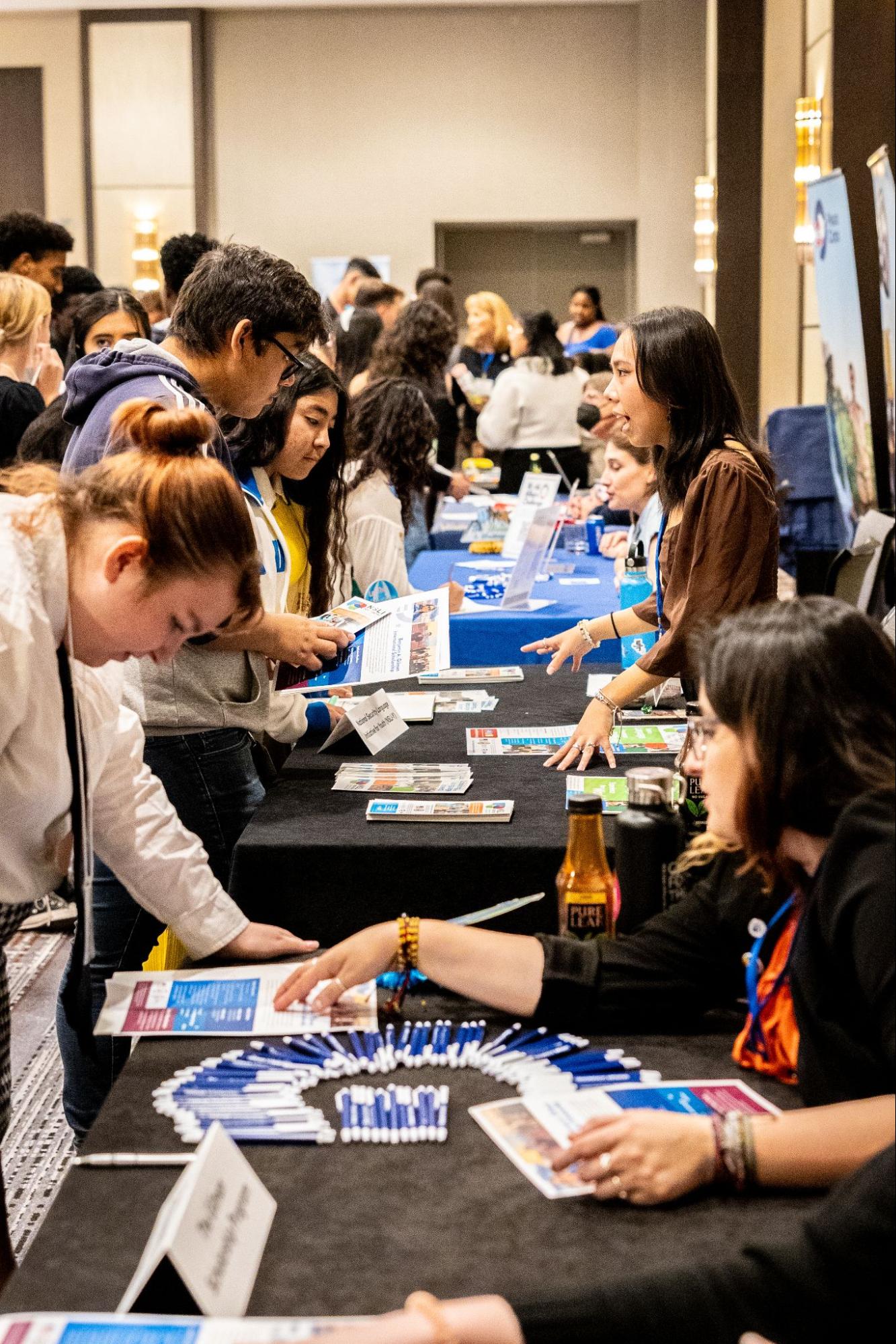 Students from the Denver, Colorado area attended the “Pathways to Global Citizenship Youth Summit” organized by Wen-kuni and Leland.
Photo Credit,
Matt Silton / Torch Media
Students from the Denver, Colorado area attended the “Pathways to Global Citizenship Youth Summit” organized by Wen-kuni and Leland.
Photo Credit,
Matt Silton / Torch Media
Leland, a new father, is still in contact with one of his students from Panama, who is also a father and offers him advice from time to time. As former students who overcame hurdles and participated in a life-changing exchange program, both Wen-kuni and Leland echo the sentiment that all students should break the glass ceiling and participate in these programs. They offered parting advice for students who might be on the edge of applying for an exchange program.
“Don't be discouraged if, you know, you may not feel like you're worthy of this, because you are. I think the thing about these fellowships is that they welcome people from all different walks of life, all different academic backgrounds, all different geographic regions,” Wen-kuni said.
Leland emphasized that no matter where you are in life, there is some type of program out there for you. He offered this resource for students and career professionals who may be interested in exchange programs, and shared some insight from his experience as a U.S. diplomat.
“Whether you’re a professional overseas, or you’re a Fulbrighter, or you’re born overseas — you become a cultural ambassador for the U.S.,” he said. “You are a physical manifestation of the wonderful diversity that this country has to offer. Why not be a part of that?”

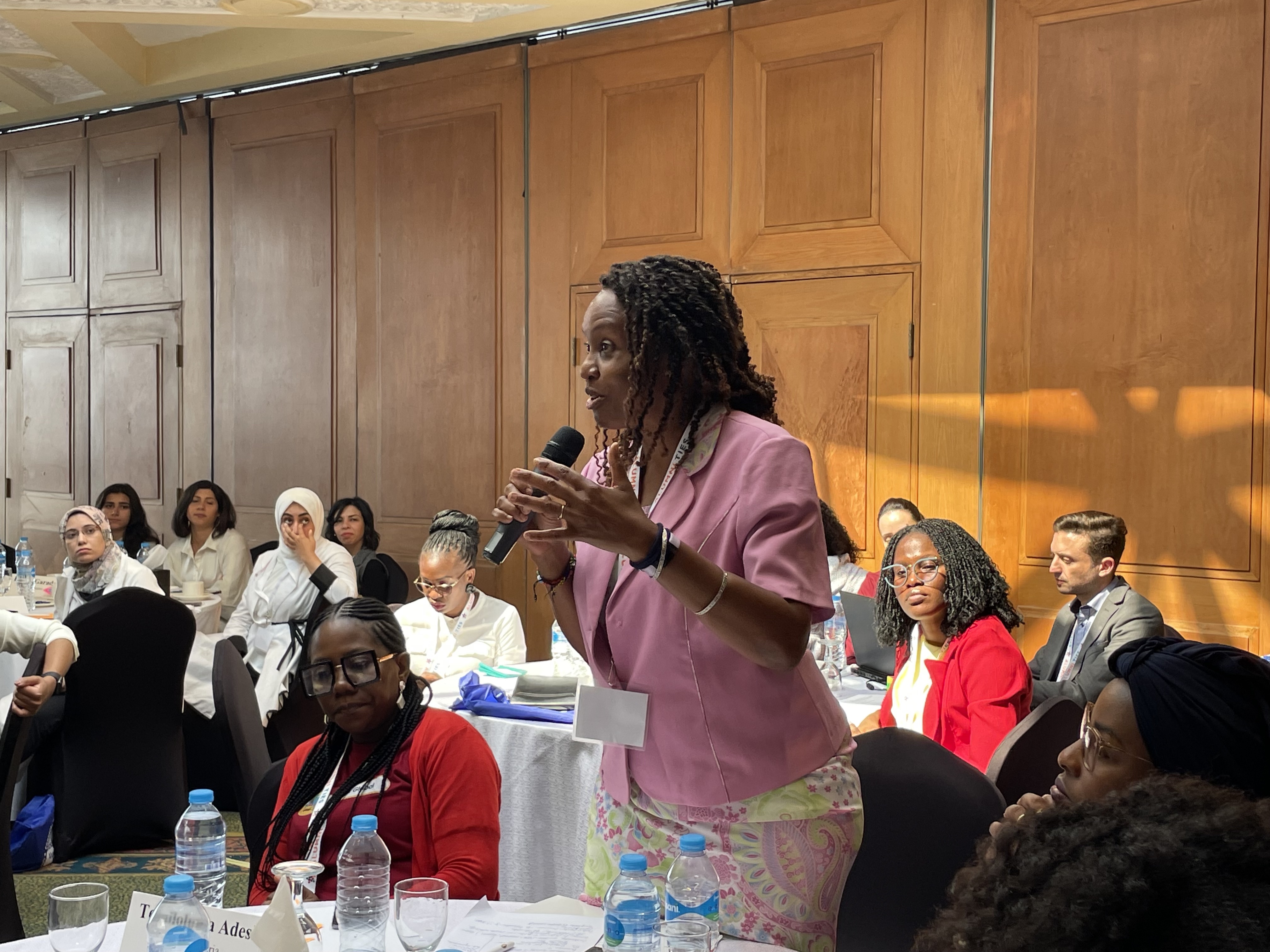

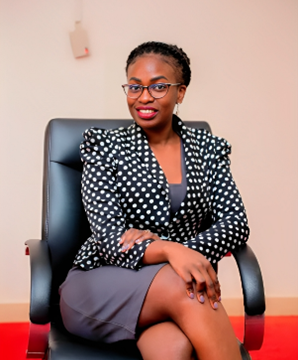
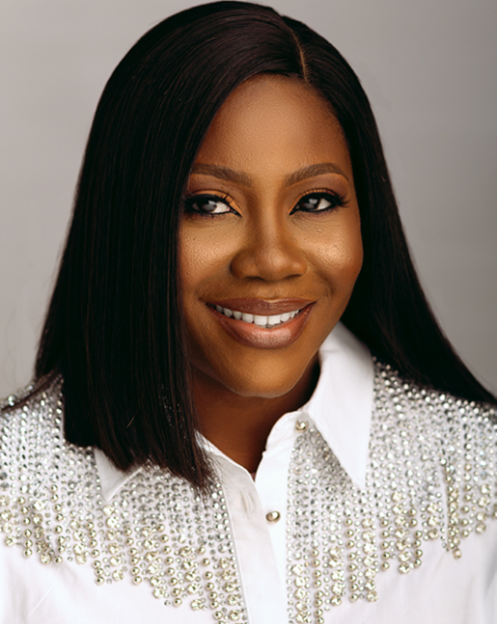
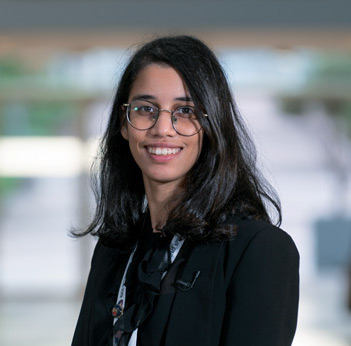

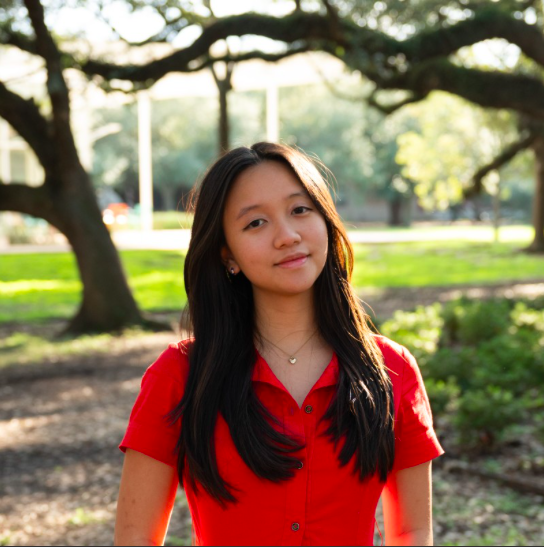
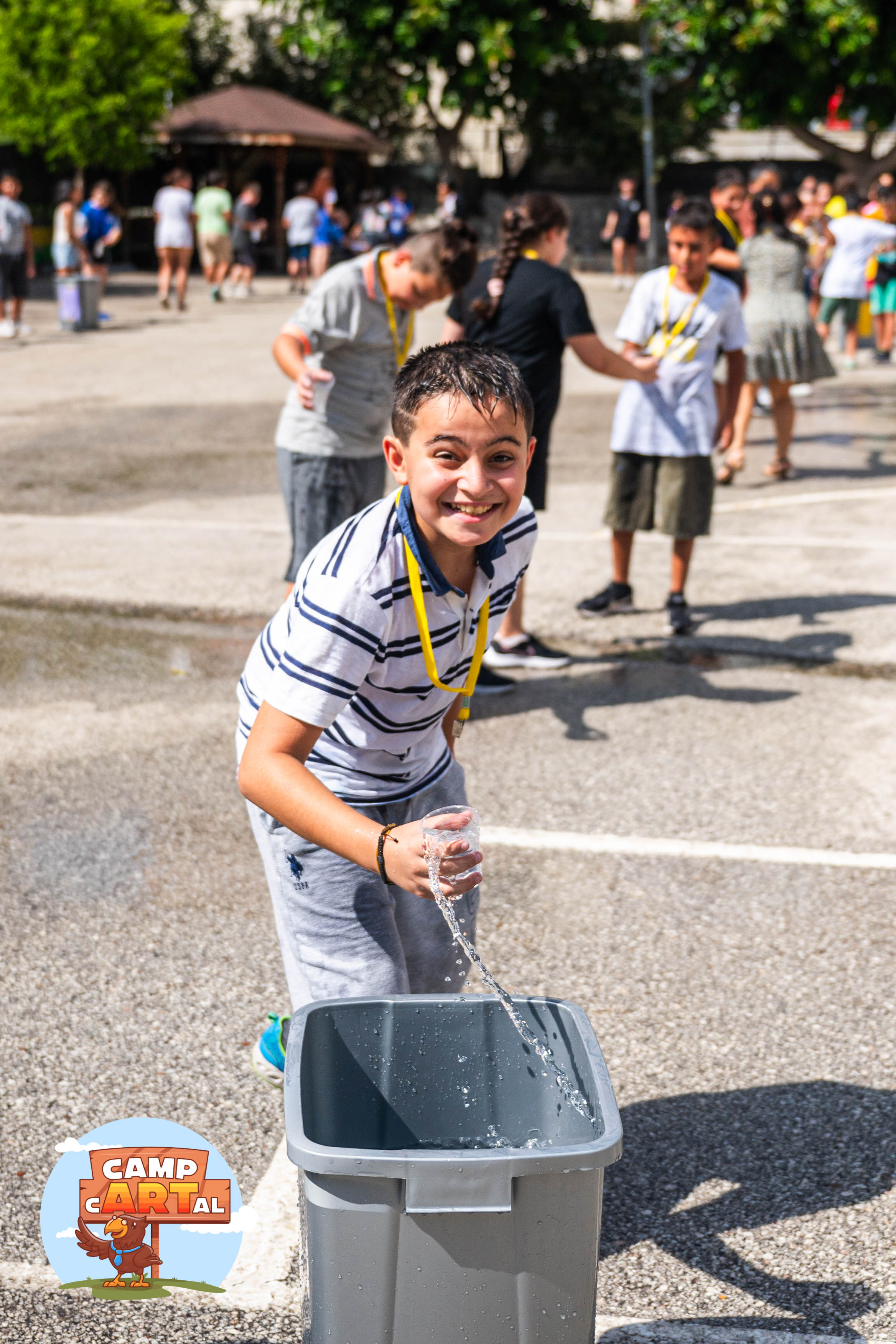


 AWE alumni in Uganda pose for a photo. Photo Credit: Irene Nalwoga
AWE alumni in Uganda pose for a photo. Photo Credit: Irene Nalwoga
